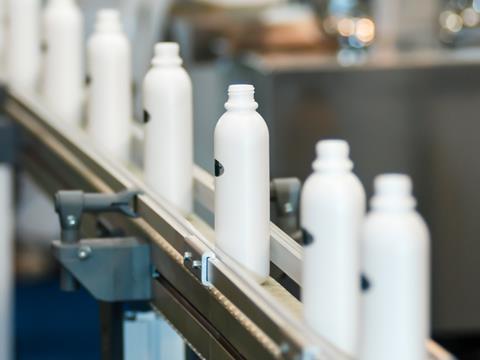
According to Plastics Europe, high energy prices, increased labour costs, and subsequent production costs caused the German plastics manufacturing industry to decline significantly for the second year in a row in 2023.
Sales are reported to have fallen by 21.9% last year, while demand for plastics in Germany reportedly decreased by 16%. Plastics Europe is not optimistic that the situation will improve in 2024.
“This is without question the most serious economic crisis since our industry was founded,” said Dr. Ralf Düssel, CEO of Plastics Europe Deutschland eV. “We currently assume that production will also stagnate this year and remain around 25 percent below the 2022 level.
“The goal of the entire plastics value chain must now be to make important strategic and structural adjustments in order to emerge stronger from the crisis.”
However, the association is cautiously hopeful that climate progression agreements, the Growth Opportunities Act, and other regulatory developments will stimulate plastics production in Germany and Europe as a whole.
“German plastic production is currently going through a deep valley,” continues managing director Ingemar Bühler. “Nevertheless, we are undeterred on our path to a circular economy, despite difficult market conditions.
“The German and European plastics industry currently has a technological advantage here compared to other regions of the world, which needs to be maintained and expanded. For example, in the production of plastics from non-fossil raw materials.
“It is therefore important that investments go into innovative technologies, such as the expansion of mechanical and chemical recycling processes as well as alternative hydrocarbon sources.”
In similar news, Aluminium Deutschland stated that aluminium production in Germany declined sharply in the third quarter of 2023; and over-regulation, high energy costs, and economic recession is thought to carry the strain over into 2024.
Meanwhile, Cepi reports that European paper and board production also lowered in 2023. It attributes the situation to energy costs, a poor economic environment, and destocking.
If you liked this story, you might also enjoy:
The Brief: How viable is biorecycling for plastics?
Report: How the top brands are progressing on packaging sustainability
The Brief: Using ocean-bound plastic in packaging – how, why and should we?














No comments yet